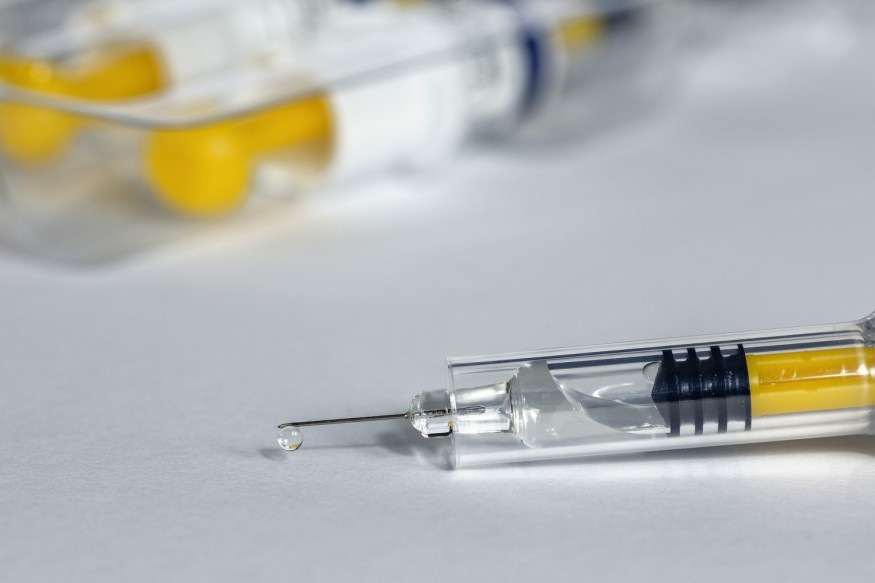
Vaccines have been saving over 2 million lives a year, immunization proves to be challenging in developing communities. The lack of resources and consolidated recordkeeping makes it difficult for understaffed facilities to keep track of individual cases, playing a part in an estimate of 1.5 lives lost due to under-vaccination.
As a response to the alarming trend of preventable deaths, researchers from the Massachusetts Institute of Technology proposed a unique solution to compiling individual medical histories. Using a method similar to tattooing a QR code, children could hypothetically be injected with an invisible dye that could store their medical data along with the vaccine itself.
In their study, MIT's Robert Langer and Ana Jaklenec utilized a patch of microneedles to achieve quick vaccination without the complexity of injection angles needed in traditional methods. The proposed vaccination could be applied like a band-aid, which means volunteers lacking medical training could easily apply it without risk of injury.
The research team cites that the biggest challenge in the study was coming up with safe materials with a long shelf life. The dye was initially tested on pig and rat skin, before moving up to human skin to study the longevity of the dye under sunlight. Eventually, they managed to land on quantum dots, a technology that makes use of minuscule semiconducting crystals. Quantum dots have light bouncing back from the crystals and has been confirmed to be safe to use in humans as it was originally made to help bioengineers label cells.
The 1.5-millimeter microneedles were made from a mix of dissolvable sugar and would partially dissolve when the vaccine is delivered, allowing the payload to be released in two minutes. The microparticles loaded in the needles imprint an imperceptible pattern on the skin which could be scanned by an average smartphone using infrared and could imprint unique patterns to identify different vaccine types.
The ink could be read through an app and could last up to five years, guaranteeing the patient could have their medical records accessible on them at all times without the danger of possibly outdated or misplaced paperwork.
Should the proposal be green-lit, the system would be quick and cost-effective. However, the approach also brings up privacy concerns among dissenters.
Johns Hopkins University's Nancy Kass, a bioethicist, acknowledges the importance of keeping track of vaccinations for health systems but laments the project's susceptibility to misinterpretation and false rumors.
Having people's medical records on them could invite discrimination and harassment, among other concerns. Besides, people might be even more hesitant in adopting the technology of fear of institutions embedding extraneous data along with it.
Given the tumultuous reception of vaccination across different countries, notably the United States, the project seems like a minefield for those already lobbying against vaccines.
Another concern raised would be the reception of the tattoo-esque delivery. Given that people of different cultures and countries differ in how they feel about tattoos, the method might not be well-received.
In anticipation of this, the researchers had taken measures to make the technology more palatable to the masses. At the beginning of the study, the researchers had conducted a survey to assess how acceptable invisible tattoos would be to locals in high-risk areas. With the support of the Bill and Melinda Gates Foundation, the interviews in Bangladesh, Benin, Kenya, and Malawi are already underway.
The technology itself is years away from practical realization, but the issues remain. While the technology could save a lot of lives, the question of whether people would adapt it rests on how these issues would be addressed. But at the end of the day, it all boils down to proper regulation and communication about the actual technology and all it entails.
RELATED ARTICLE: Powerful New Synthetic Vaccines to Combat Epidemics
© 2025 NatureWorldNews.com All rights reserved. Do not reproduce without permission.





